
UDK: 616.74-001-08
G.M. Shamojan, A.I. Trofimenko, A.H. Kade, T.V. Chitanava, M.A. Dzhopua, M.A. Movsesjan, D.G. Shanava, A.A. Strelkova, A.O. Keshabjan
ФГБОУ ВО «Кубанский государственный медицинский университет» Минздрава России
The important goal of tissue engineering is the search for modifying additives of polysaccharide gels of vegetable origin capable of controlling the biocompatibility and integration of the hydrogel matrix in the muscle fiber and the rate of biodegradation of the matrix. The aim of the study was to study the effect of D-asparagine on the biocompatibility of the modified alginate hydrogel with rat’s skeletal muscle tissue. In the during of the study were 2 groups of animals: group № 1 (comparison) – 14 rats, with 0.5 ml of modified alginate hydrogel without D-asparagine injected into the muscle of thigh; group №2 (experimental) – 14 rats, in which 0.5 ml of modified alginate hydrogel with D-asparagine was injected into the muscle of thigh. According to the histological examination, in the muscle with the modified alginate hydrogel introduced on the 30th day, a large-celled matrix is formed, the walls of its cells are populated with cells. The addition of D-asparagine to the hydrogel formulation inhibits the formation of a fibrous capsule around the implant in the muscle, and also increases the number of vessels and cells that populate it.
hydrogel, muscle, regeneration, D-asparagine, sodium alginate.
Каде Азамат Халидович – д. м. н., профессор, зав. кафедрой общей и клинической патологической физиологии, Кубанский государственный медицинский университет, e-mail: akh_kade@mail.ru